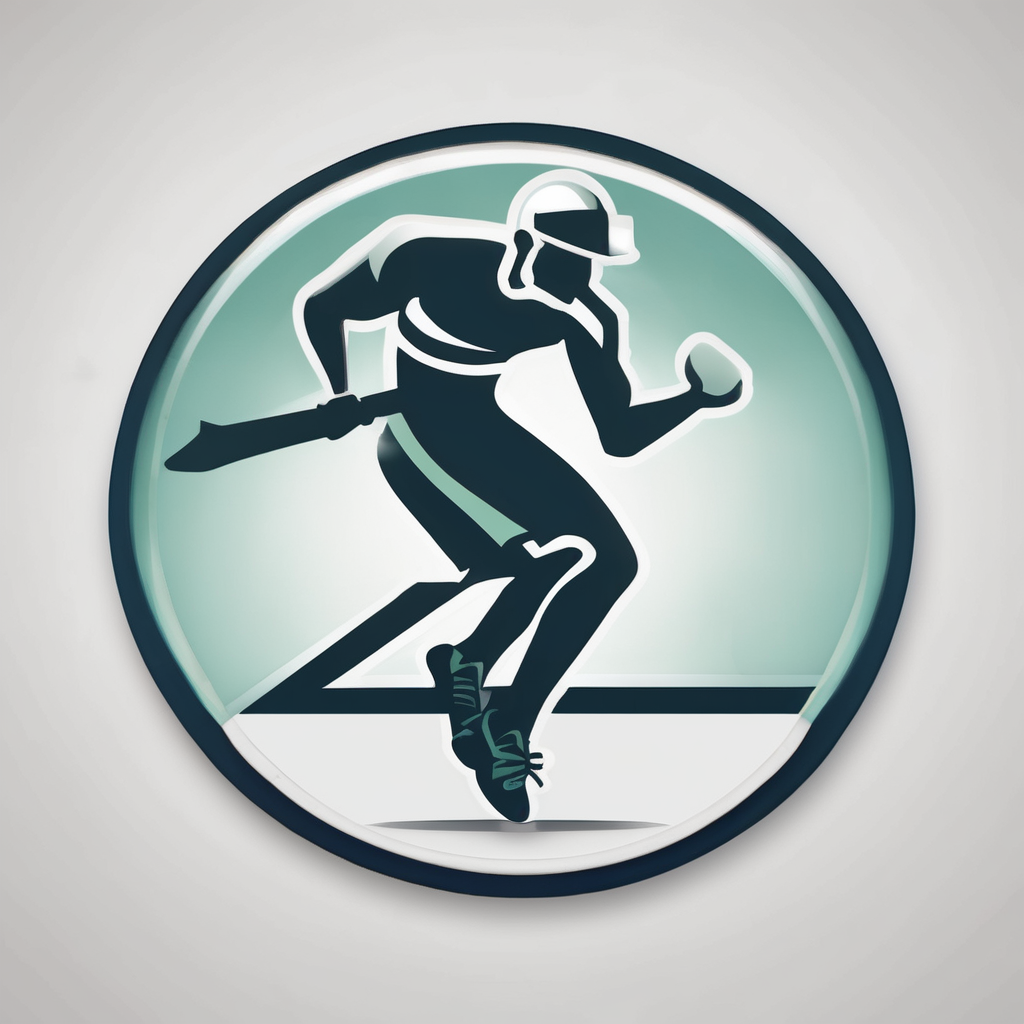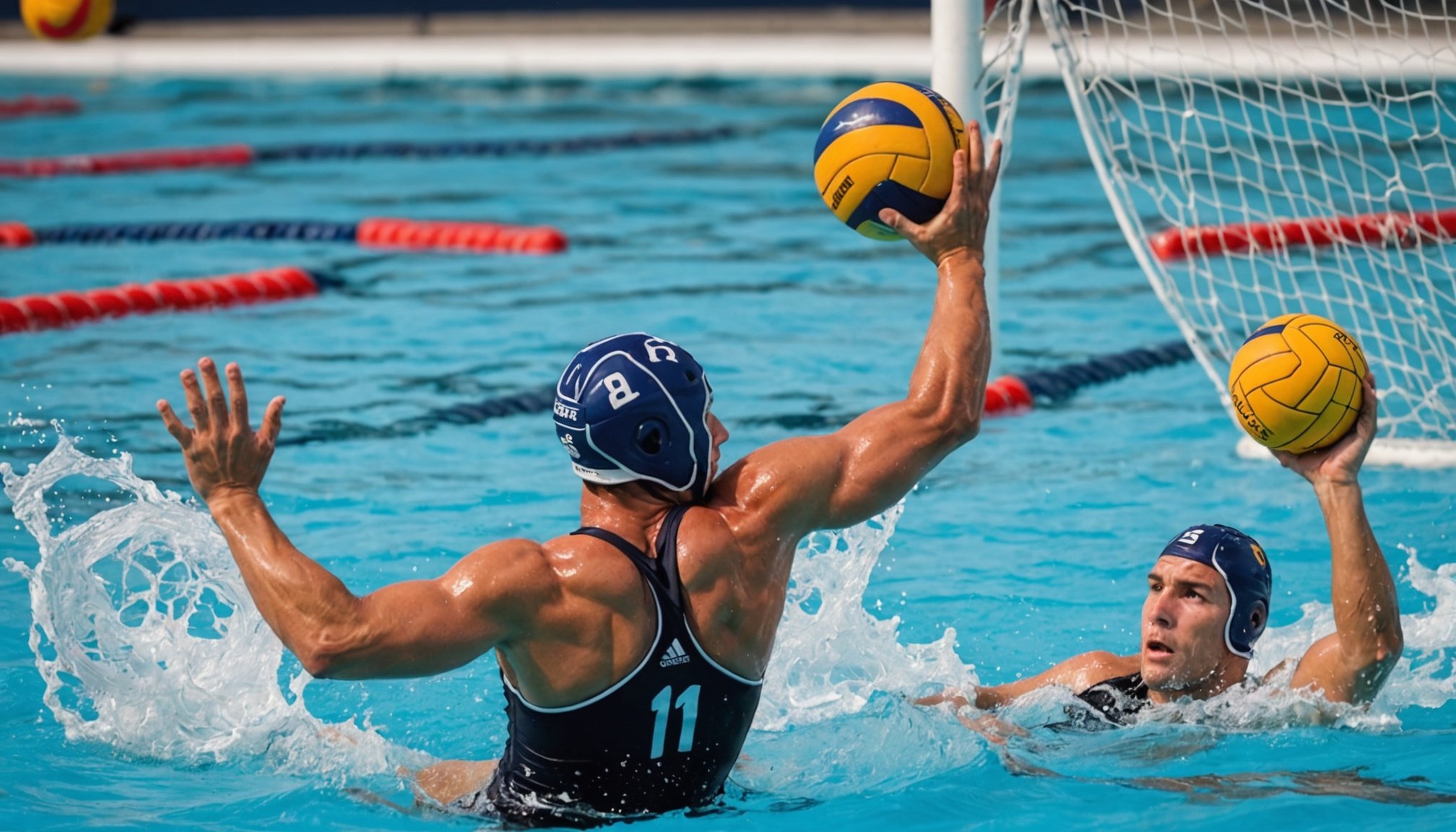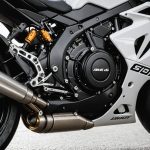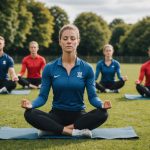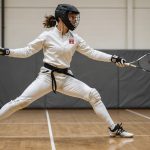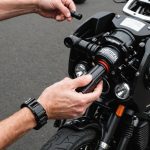Understanding the Importance of Reflexes for Water Polo Goalkeepers
Water polo goalkeepers must have excellent reflexes to excel in their performance. The rapid response time is crucial for stopping fast-paced shots and making split-second decisions during matches. Reflexes are a fundamental aspect that directly impacts game outcomes and can significantly contribute to a team’s success. A goalkeeper with sharp reflexes can react promptly to unpredictable plays, shielding the goal against aggressive opponents.
Role of Reflexes in Performance
The performance of a water polo goalkeeper largely depends on the ability to quickly read and react to different gameplay situations. Reflexes allow goalkeepers to intercept the ball mid-air, block shots, and regain control even during unexpected deflections. This quick reaction capacity not only protects the goal but also boosts team morale, encouraging other players to perform at their best.
Have you seen this : Mastering mental toughness: key psychological techniques to enhance resilience in competitive judo athletes
Challenges with Reflexes
However, water polo goalkeepers often face reflex-related challenges. The pressure of high-stakes games can affect their reflexes, sometimes leading to delayed reactions. There’s also the physical demand of continuously adapting to dynamic situations within the game. Overcoming these challenges requires specialized training and dedication to hone reflex abilities, ensuring reliable performance during crucial moments.
Essential Drills to Enhance Goalkeeper Reflexes
Improving reflexes is pivotal for goalkeepers aiming to excel in water polo. Several crucial training techniques focus on refining these skills.
Additional reading : Top Sun Defense Tactics for Pro Surfers to Protect Their Skin During Competitions
Quick Reaction Drill
This drill is essential for sharpening quick decision-making abilities. Begin with a simple setup where the goalkeeper faces a partner or coach who randomly throws balls from different angles. The key technique involves focusing on maintaining a light posture, ready to spring into action. With repeated practice, goalkeepers can expect improved agility and faster response times, crucial for game scenarios.
Reaction Ball Training
Using a reaction ball is a unique method of reflex enhancement, targeting hand-eye coordination and unpredictability in movement. The ball’s irregular shape causes it to bounce unpredictably, requiring the goalkeeper to adapt quickly. Tracking improvements can be done by measuring the time taken to catch or control the ball after each bounce. Adapting the strategy with new challenges ensures sustained growth.
Partner Reaction Drills
Engaging with a partner introduces the necessity of reacting to unexpected movements. Structure these drills to include varied throws and feints that mimic real game actions. Introducing variations, such as increased speed or complex movements, elevates skill levels and keeps training engaging. By practising these drills, goalkeepers enhance their reflexes, directly impacting their in-game performance.
Role of Warm-Ups and Physical Conditioning
Proper warm-up routines are vital for enhancing the reflexes of water polo goalkeepers. These routines prepare the body by increasing blood flow and activating muscles, paving the way for optimal performance during high-pressure scenarios. Goalkeepers can benefit from incorporating dynamic stretches and sport-specific movements right before a game or training session.
Physical conditioning also supports reflex development, emphasizing the importance of strength and flexibility in a goalkeeper’s arsenal. This conditioning involves exercises that focus on building core strength, improving balance, and enhancing leg power—essential for quick, explosive movements needed in goal. Drills targeting these areas help goalkeepers maintain stability while reacting to passes and shots.
To further integrate flexibility and strength into their routine, goalkeepers should include exercises like plyometrics and resistance training. Plyometric exercises, such as jump squats and box jumps, improve explosive strength, crucial for fast starts and lunges. On the other hand, practicing yoga aids flexibility, allowing for a greater range of motion and reducing the risk of injury.
Building a comprehensive warm-up and conditioning routine ensures goalkeepers are always prepared to perform at their best, ready to face the unpredictable nature of water polo matches.
Mental Training Techniques for Improved Reflexes
Enhancing reflexes involves more than just physical conditioning; mental training plays a crucial role. Incorporating visualization techniques can help goalkeepers anticipate plays more effectively. By mentally simulating game scenarios, goalkeepers can train their minds to recognize and react to patterns swiftly.
Focus is an essential aspect of reflex improvement. Regular mental exercises, such as concentration drills where goalkeepers focus on tracking and identifying random objects within a visual field, can enhance decision-making speed. These drills increase alertness, enabling goalkeepers to remain sharp throughout a match.
Mindfulness combined with focus enhances performance, particularly during high-pressure moments. Practicing mindfulness helps goalkeepers manage stress and maintain composure, ensuring their reflexes remain unaffected even when under pressure. Techniques like controlled breathing and mental rehearsals can instill a sense of calmness.
Engaging the mind in these purposeful exercises trains goalkeepers not only to react quickly but also to make strategic decisions. The integration of mental training into regular practice enriches overall performance, equipping goalkeepers with the right mental tools to handle unpredictable situations on the field.
Thus, a balanced blend of physical and mental training ensures goalkeepers remain agile and proactive, ultimately boosting team success.
Evaluating Progress and Performance
Regular assessment of reflexes ensures ongoing improvement and development in water polo goalkeeping. Setting specific metrics can effectively track enhancements over time and highlight areas that need attention.
Tracking Reflex Improvement Over Time
To accurately assess reflexes, goalkeepers can measure specific metrics such as reaction time, successful blocks, and interception rates. Maintaining a detailed training log with these statistics allows for consistent monitoring. This practice not only helps identify progress but also pinpoints weaknesses, facilitating targeted improvement. Feedback derived from these logs is crucial, helping to adapt and refine training regimens for optimal results.
Video Analysis for Goalkeeper Performance
Self-review through video analysis is a valuable tool for understanding reflex performance. By scrutinising game footage, goalkeepers can focus on key aspects such as body positioning, decision-making, and reaction speed. Videos provide a clear perspective, enabling athletes to identify patterns and formulate new drills based on insights. This reflective process boosts awareness and strategy development, notably enhancing goalkeeping skills.
Seeking Professional Guidance
Working with a coach can provide a fresh perspective, driving substantial improvements. Professional coaches offer constructive feedback and specialized techniques tailored to individual strengths and weaknesses. Accessing resources like workshops or clinics introduces diverse methodologies, enriching training experiences and advancing performance beyond solo practice.
